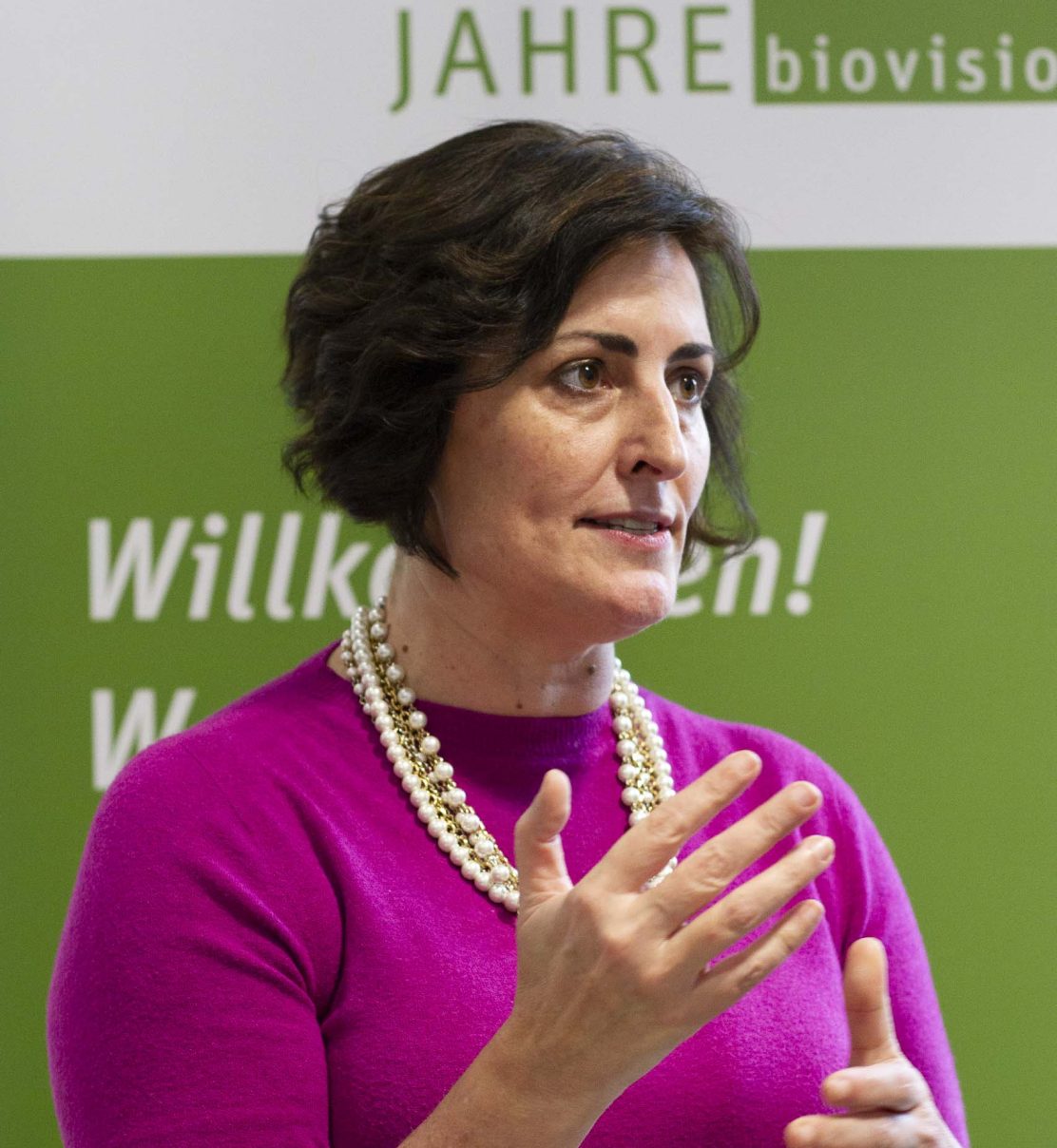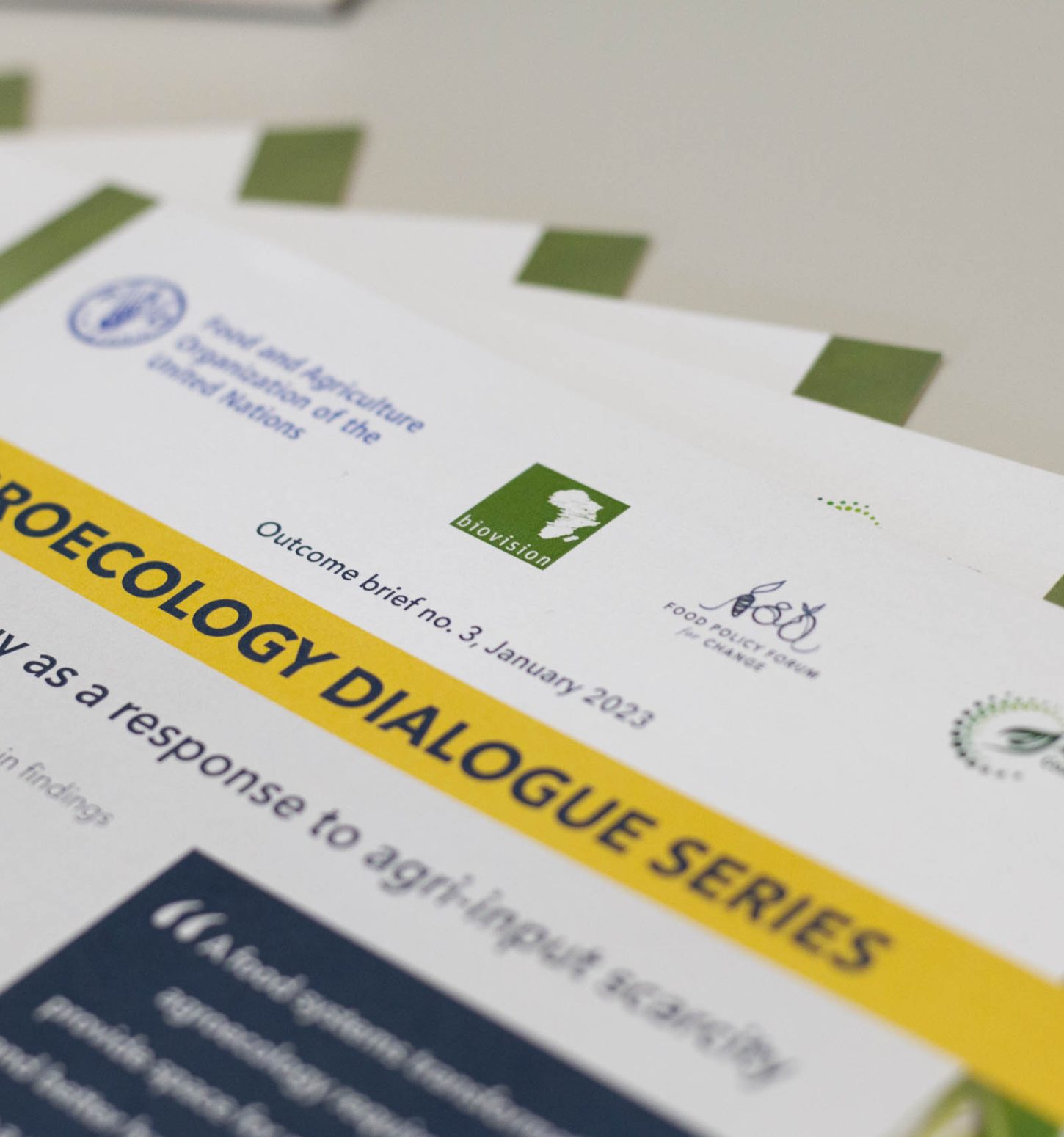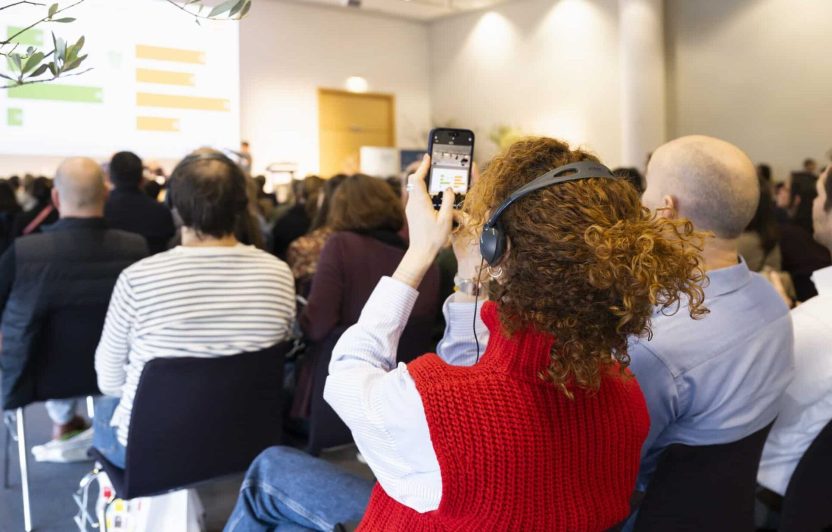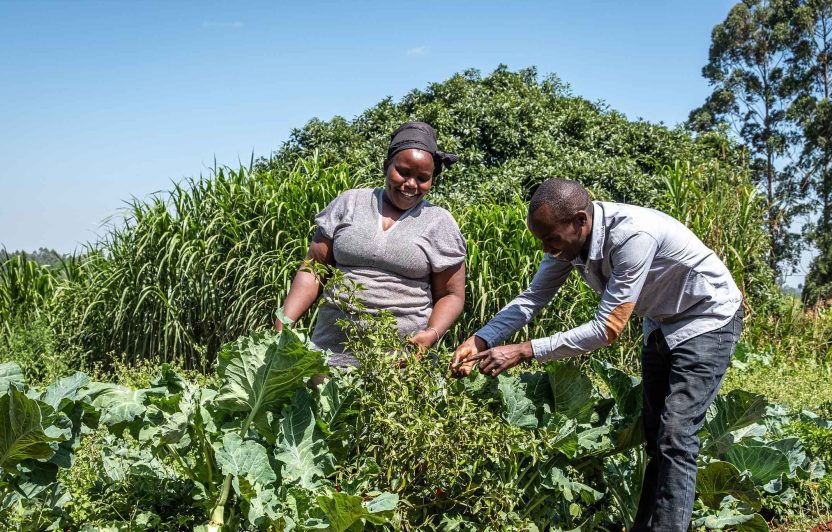Agriculture is responsible for 70% of terrestrial biodiversity loss and thus is a huge lever for addressing the sustainability challenges that the world faces. There are several scientific disciplines that look at these challenges in a holistic manner. Agroecology is one of them and provides a promising pathway towards a sustainable transformation of food systems, as it considers ecological, social and economic aspects.
Dialogues to foster mutual understanding
The aim of the Agroecology Dialogues organised by the FAO and Biovision was to highlight synergies between different scientific disciplines and to enable policy makers and research organisations to make use of these synergies. “In order to achieve a real transformation of food systems that is beneficial to people and the environment, we need to join forces with other disciplines and promote the supportive character of agroecology,” explains Programme Manager John Garcia Ulloa.

The discussions held during the Agroecology Dialogues were summarised in three policy briefs, aimed at decision makers, the scientific community and philanthropists.
They focus on:
- The interface between agroecological and territorial approaches for food systems transformations
- Exploring the synergies between agroecology and conservation communities
- Agroecology as a response to agri-input scarcity
“It is very valuable to have these policy briefs. They may spark collaborations between actors that hadn’t thought of working with each other in the first place”, says Beth Bechdol, Deputy Director-General at FAO. She adds: “Biovision is a very engaged organisation that sees entry points for food system transformation, and it has been a great opportunity to collaborate and bring our different perspectives to these briefs”.
Watch the videos on the key findings from the policy briefs
Agroecology Dialogues Policy Briefs
The three thematic dialogues aimed to identify entry points, opportunities, building blocks, innovative approaches and institutional frameworks to support the upscaling of agroecology. Between 60 and 90 participants from various backgrounds and sectors (scientists, government representatives, civil society organisations, intergovernmental organisations, private sector entities and others) contributed to each dialogue.





